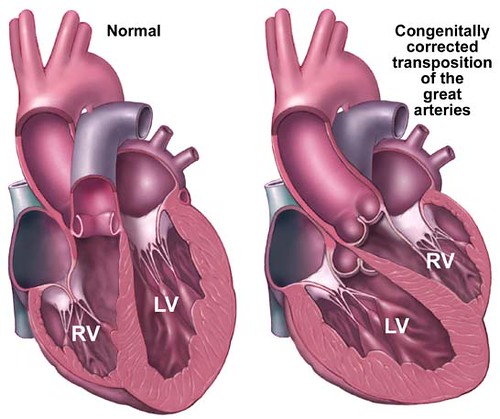- Joined
- Oct 16, 2003
- Messages
- 2,546
- Reaction score
- 564
But the patient really have DextroCardia!! Her heart was on the right side of the chest, confirmed by CT!!!
Will probably never see it again.
Will probably never see it again.
I hope the next question someone asked after suspecting dextrocardia was: which side are the guts on.
For curiosity's sake (if you're inclined): age range, why coming to the doctor (or ER), and why CT when there is a non-irradiating study that could have given the answer?
But the patient really have DextroCardia!! Her heart was on the right side of the chest, confirmed by CT!!!
Will probably never see it again.
Come on man, you're holding outWhere were the guts? Obviously you know a lot more about the case than me, but that question, depending on the rest of the history could be critical...Pleeeeaze

Did the patient have Kartagener Syndrome?
Where was the stomach bubble? That will tell you on both the CXR (most catch a little bit of the bubble) and likely the CT.


Do a Pediatric Cardiac ICU rotation, you will see it atleast once a week
